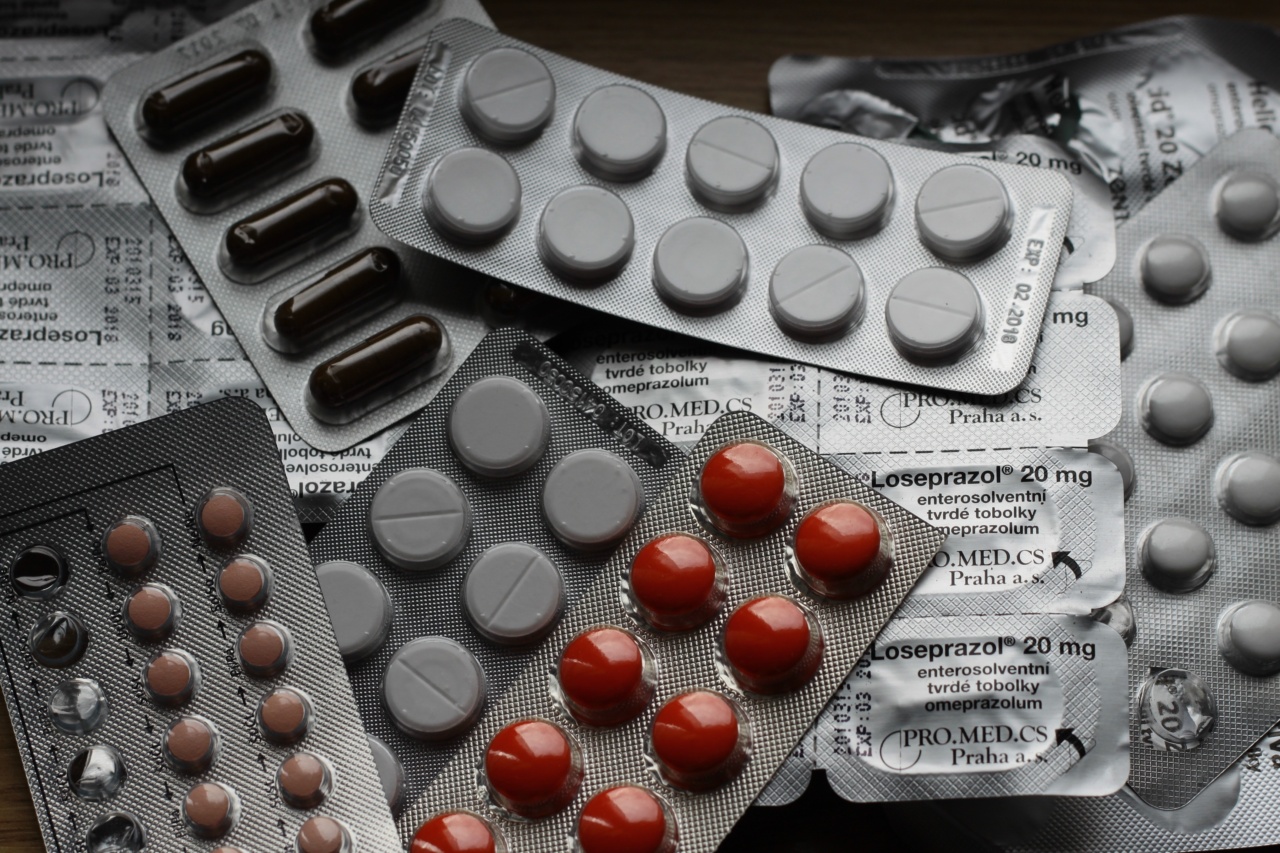They say that our body is our temple, and for good reason. It is the vessel that carries us through this life, and any discomfort therein can cause alarm.
Chest pains, in particular, can be particularly concerning as it is often a signal of heart problems, which is one of the leading causes of death worldwide. However, not all chest pain is heart-related, and not all chest pains require an emergency visit to the hospital. This article aims to help you better understand chest pains, their causes, and when to seek medical attention.
Causes of Chest Pain
As mentioned, not all chest pains point to heart problems. In fact, chest pain can stem from various parts of our body. Here are some common causes of chest pains:.
Heart-Related Causes
If you are experiencing chest pain that is accompanied by shortness of breath, sweating, nausea, and extreme fatigue, then this could be an indication of a heart attack.
Other heart-related conditions that could cause chest pain include:.
- Angina
- Pericarditis
- Myocarditis
- Aortic dissection
Respiratory-Related Causes
Rather than the heart, chest pains could also be the result of respiratory-related problems. This includes:.
- Pneumonia
- Pulmonary embolism
- Asthma
- Pneumothorax
- Lung cancer
- Collapsed lung
Musculoskeletal Causes
Chest pains could also be due to muscle strains, pulled chest muscles, or injuries to the rib cage.
Gastrointestinal Causes
Lastly, gastrointestinal issues could also induce chest pains. This includes:.
- Gastroesophageal reflux disease (GERD)
- Peptic ulcer disease
- Gallstones
When to Seek Medical Attention
It is always best to err on the side of caution when it comes to chest pains. Here are some guidelines that can help you determine when to seek medical attention:.
- If the chest pain lasts for more than a few minutes
- If there is a feeling of tightness or pressure on the chest
- If the chest pain is accompanied by shortness of breath
- If the chest pain spreads to your arms, jaw, neck, or back
- If the chest pain is accompanied by sweating, nausea, or vomiting
- If the chest pain comes after physical exertion
- If the chest pain comes with a feeling of faintness or dizziness
- If the chest pain is not relieved by taking painkillers or rest
If you are experiencing any of the above symptoms, it is best to call for emergency medical services or make your way to the hospital immediately. Do not try to drive yourself.
Preventing Chest Pains
The following strategies can be employed to help prevent chest pains:.
- Eating a healthy, well-balanced diet
- Maintaining a healthy weight
- Exercising regularly
- Quitting smoking
- Managing stress
- Getting quality sleep
- Regularly getting medical check-ups to identify any underlying conditions
In Conclusion
Chest pains can be alarming, but it is always best to investigate the issue thoroughly before jumping to conclusions.
By understanding the various causes of chest pain and the circumstances in which you should seek medical attention, you can better protect yourself and your loved ones from any potential harm. Remember to always put your health first, and to never hesitate to seek medical attention if you suspect something is wrong.


























